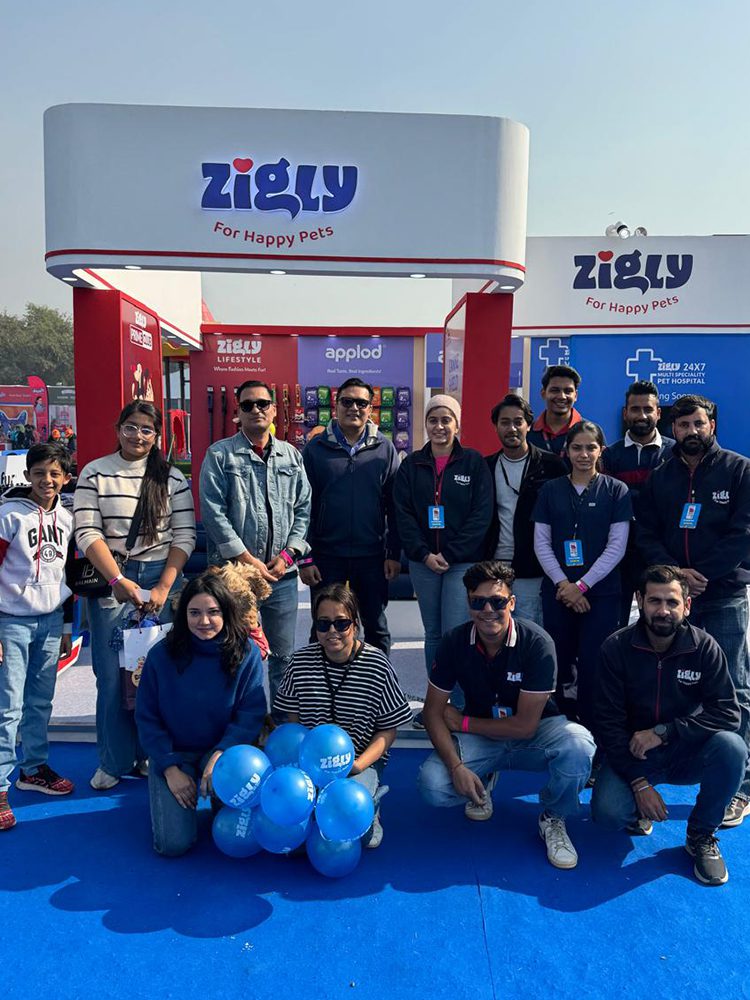In recent years, India has seen an increase in digital transactions. The majority of businesses in the country are continually dealing with rising transaction volumes and increasingly complicated payment flows and systems.
Saurya Prakash Singh and Prashant Borde, two entrepreneurs, identified a major issue faced by finance departments in organisations: reconciliations. It inspired them to launch Recko in 2017.
Today, the fintech firm is automating the reconciliation process for customers in industries such as banks, ecommerce, food tech, fintech, neo-banks, gambling, insurance providers, and others that have a significant volume of transactions.
Solving a difficult problem
Most organisations, according to Prashant, receive data from a variety of sources, including settlement files, order management systems, banks, and so on. These files are in various formats, and they must be cross-checked to ensure that the information they contain is consistent.
These data must be transformed and reconciled by the financial departments. When working with various finance instruments for accounting, tax, and payment, for example, more data processing is required.
“One can only imagine how difficult things would turn out to be when the volume increases,” says Prashant.
Recko is addressing this, according to him, by employing Big Data frameworks that are optimised for precision, consistency, and scalability. The startup uses pre-defined rules to identify data that is input into the system and reconciles it on a transactional basis.
For enterprises to track, manage, and account money end-to-end, the platform provides a complete and strong technology stack to manage financial data and enable financial activities such as reconciliation, commission calculation, payout production, and reporting.
Recognizing a deeper issue
Prashant explains that merchants have difficulty reconciling these payments due to outdated equipment and technology.
Most organisations currently perform the entire process of confirming that the amounts in the settlement files and bank account are in accord with one another manually.
“We started thinking what if there is a platform that can enable businesses to reconcile easily. Saurya and I started talking to finance teams in a variety of industries and geographies (India, the US, SEA, etc). They all faced a similar problem and were using Excel sheets to reconcile payments,” Prashant explains.
Another unresolved case, commission tracking, was also identified by the duo. “No other tool offered this kind of flexibility without getting too technical,” Prashant explains.
They wanted to automate and speed up this process in order to enable businesses track correct revenue, close SLAs for receiving money in order to optimise working capital, and minimise support costs by having a clear image of money sent to portion of the supply chain.
The Product
Saurya and Prashant, with the help of a few developers, produced the first functioning prototype of the product (codename Perlis). “It took a few months for us to figure it out. Saurya used to handle the product, design, and customer interactions while I concentrated on the technology,” Prashant explains. “We focused a lot on the accuracy, which helped us gain the trust of the finance teams and gave us the confidence to move ahead,” he added.
However, one of the difficulties they encountered was supporting scale. To make scale and security a basis in the architecture, Prashant says they had to redesign a major portion of the first iteration.
Prashant explains, “We then published the next version of our software (codename Wilkes), which provided scale, accuracy, and security.” Wilkes eliminated the majority of the operational tasks and began orienting new customers to the program. This allowed customers to save up to 80 percent of their time spent on monthly activities, thanks to Wilkes.
“We continued working on the enhancements and hired a full-time UX designer to improve the intuitiveness of the product. Users wanted more out of the product and we started enabling them to automate tricky use cases. They needed more analytics and alerting capabilities. We also figured out that manual push of data affects data quality and we need direct integration with data sources,” says Prashant.
The ecommerce industry was among the early adopters of Recko’s products. Prashant claims that they partnered with industry titans such as Myntra, Meesho, Dunzo, PharmEasy, and Grofers to assist them develop into the on-demand food tech space.
Constructing a scalable product
“As we onboarded more customers, we noticed that organisations across industries saw data in very different ways. We didn’t want to miss anything, but we also had a mission: to give it our all. Prashant says, “We added analytics, custom reports, commission calculation, and other interfaces like storage services, payment gateways, and banks.”
The team quickly began working with clients from various industries and places. Recko introduced geographies such as Southeast Asia and the European Union. Versioning was also released to support audit logs and time travel capabilities that needed to be reworked to accommodate future growth.
To cope with the increased load, the team realised it needed to implement new technologies such as Spark, Data Lake with rollback support, and Kubernetes. To remove tech debt and make the codebase more modular, Recko had to rewrite a substantial portion of it.
Prashant clarifies, “Considering the global outlook, we needed a design overhaul as well. So, we started working on the next version (codename Minsky). We discussed state machines, flowcharts, and architecture diagrams, and once the initial draft was ready, we ran it through a few industry experts to avoid common pitfalls.”
Developing a more distributed process
The team then focused on the system’s dependability and extensibility, according to Prashant, and there was a shift in the tech thought process itself.
Today, businesses like PagarBook and others are focusing on the increasing SME segment in the fintech sector of reconciliation. Recko, on the other hand, is unconcerned about whatever sector he belongs to.
Prashant explains, “We were thinking of a more distributed process, trying to familiarise ourselves with no-SQL design principles using seamless, columnar databases.”
Recko is looking to introduce new modules, such as payouts calculation and a scalable ledger, in the near future. The payments calculation module will assist startups and mid-market businesses in setting up payouts without having to devote time in their development. And then the ledger module acts as a sole source for truthful financial data.
Lastly Prashant explains, “We are planning to open APIs as well so that they can be integrated deeper into companies’ tech stack to solve a multitude of problems. Our long-term goal is to provide enough insights that enable businesses to make financial decisions in real-time,”



 Health2 days ago
Health2 days ago


 Special Editions2 days ago
Special Editions2 days ago


 Special Editions2 days ago
Special Editions2 days ago


 Special Editions3 months ago
Special Editions3 months ago


 Special Editions2 days ago
Special Editions2 days ago

















